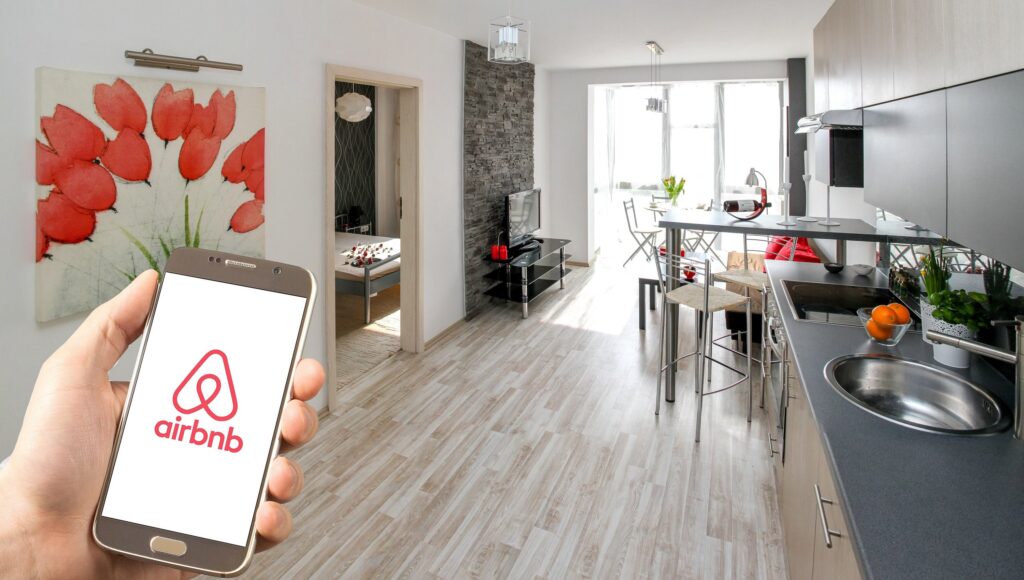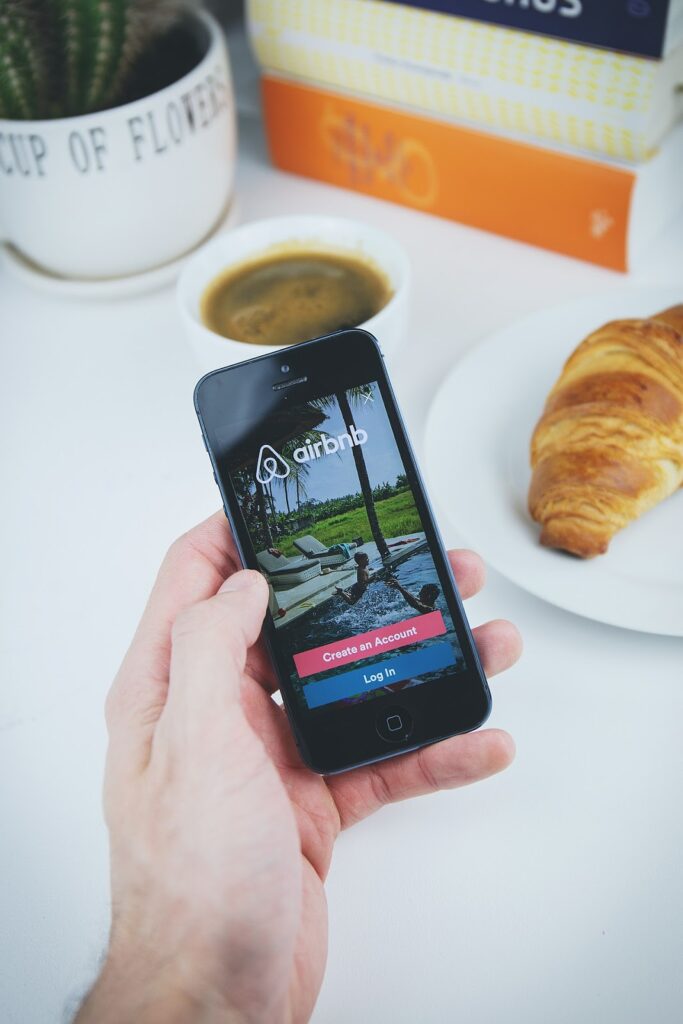Listing a property on Airbnb can be a great source of extra income. But, the convenience of using this platform comes at a cost. To pay for its services and 24/7 support, the company charges an Airbnb service fee – something hosts need to understand. As such, we’ll use this article to explain everything you need to know about these fees.
Specifically, we’ll cover the below topics related to AirBnB’s service fee and how it affects hosts:
- Airbnb Service Fee: How Does It Work?
- How Much Is the Airbnb Service Fee?
- Do Hosts Have to Cover Airbnb Service Fees?
- How To Avoid Airbnb Service Fees
- Final Thoughts on Airbnb Service Fees
Airbnb Service Fees: How Does It Work?
Airbnb provides services – to both guests and hosts. The company lists and markets properties for hosts, and it provides them to guests for rent. Additionally, customer service representatives make themselves available 24/7 to support both guests and hosts.
These services cost money. To offset the costs – and earn a profit – AirBnB charges a service fee. More precisely, it charges guests and hosts a service fee. To properly forecast revenues, hosts need to understand how these fees work.
Broadly speaking, hosts need to pay one of two service fees. Most hosts will pay a fee shared between the guest and host. However, for larger hosts that qualify as hospitality businesses (rare for individual hosts), AirBnB imposes a host-only fee. Regardless of approach, the company nets fees from your earnings. In other words, Airbnb collects its fees automatically, so hosts don’t need to pay them separately.
How Much Is the Service Fee?
Airbnb calculates its service fee based on the stay’s subtotal. This subtotal includes the nightly rate, the cleaning fee, and any additional guest fees. Taxes do not factor into this subtotal. Of note, cleaning and additional guest fees are optional for hosts. But, if hosts add them, they will increase the subtotal used to calculate the Airbnb fee.
Airbnb does not publish the precise criteria it uses in calculating fees. But, it offers clear enough guidelines for hosts to reasonably estimate these costs.
For shared guest and host fees, hosts typically pay 3% of the subtotal. For example, say you charge $100/night and a single $50 cleaning fee. A three-night subtotal equals $350 (3 x $100 + $50). The typical service fee would then equal $10.50 ($350 x 3%). As a result, the host would net (ignoring taxes) $239.50 ($350 subtotal – $100 cleaning – $10.50 AirBnB fee) on the three-night stay.
For hosts using the host-only fee structure, fees range from 14% to 20% of the subtotal. While this seems significantly higher at face value, it provides hosts more flexibility. That is, these hosts can control how much of the fee guests pay, rather than Airbnb dictating the guest fee amount.
However, hosts should also note that their cancellation policies can affect fees. Hosts who select a “super strict” cancellation policy can expect to pay an additional 2% in service fees. This strict policy requires more administrative support, so Airbnb charges a premium for it.
Lastly, some hosts may need to pay an experienced fee, as well. This technically falls outside of the service fee, but hosts should still understand it. If in conjunction with your listing you offer an experience on Airbnb (e.g., local brewery tour, kayaking, bar crawl, etc.), the company takes a cut. And, it’s a large cut – 20% of the Airbnb-listed price of the experience.
Do Hosts Have to Cover These Fees?
Yes, hosts need to cover the service fees. Though rough on your bottom line, these fees allow AirBnB to provide its high-quality services and customer support. However, hosts do have flexibility in how they pay the fees.
The traditional AirBnB model splits fees between the host and guest. Generally speaking, hosts pay 3% of the subtotal, while guests pay 5% to 18% (14.2% on average). On the other hand, hosts can choose to pay the entire amount. With this host-only model, fees range from 14% to 20% of the subtotal. This set-up also allows hosts to indirectly pass on as much or little of that fee to guests as they’d like.
Regardless of which model you choose, AirBnB automatically deducts its service fees. As a result, hosts at least don’t need to deal with the additional time and administrative burden of tracking, withholding, and remitting Airbnb fees.
How to Avoid Service Fees
If you want to use Airbnb as a host, you need to pay its service fees. But, a little planning can help you minimize their effect on your bottom line. If you treat your AirBnB operations like a business, you should have a target net rate. That is, accounting for the service fee, how much do you want to earn each night?
For instance, say you don’t charge a cleaning fee, and you want to put $50 in your pocket every night. A little math will tell you what you need to charge to net $50/night. What listed rate – with a 3% fee deducted – will total $50? Divide $50 by 97% (100% – 3%), and you get roughly $51.55/night. With this system, you effectively avoid AirBnB services, as you factor them into your listed rate. Now you’ll of course need to account for market rates in your area with this approach. But, with a little research and planning, you can net your target nightly rate.
Alternatively, hosts can avoid service fees by not using Airbnb. Plenty of competitors exist – some with lower fees. Hosts can choose to list their properties on some of these websites. Or, if hosts build up a loyal enough guest base, they may not need to use any service. For instance, many families frequent the same vacation spots year-after-year. Hosts can offer direct-booking services to these repeat customers. While you lose AirBnB’s customer support, this approach can also save you from paying service fees.
Final Thoughts on Airbnb Service Fees
Airbnb has turned millions of Americans into landlords, creating tons of extra income. But, these services come at a cost. For most AirBnB hosts, the question becomes: do the benefits of listing on Airbnb outweigh the associated service fees? For most, the answer is yes. Service fees represent a part of doing business. And, by planning for them, you can minimize their effects on your overall profit.
Figuring out AirBnB fees – and how they affect your taxes – can seem daunting. That’s why our AirBnB CPAs are here to help! At Shared Economy Tax, we live and breathe taxes for Airbnb hosts. Drop us a note, and we’ll be happy to set up a tax planning session.

